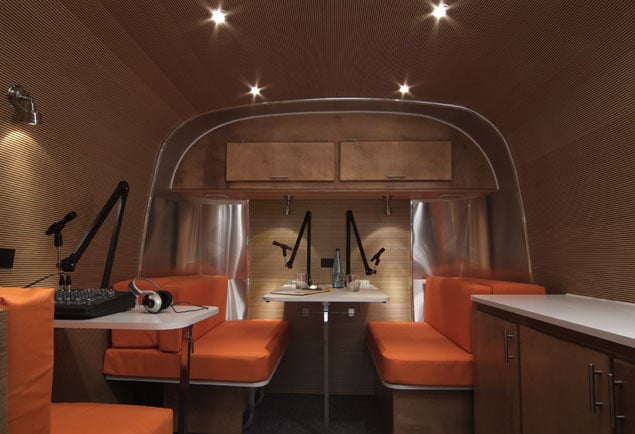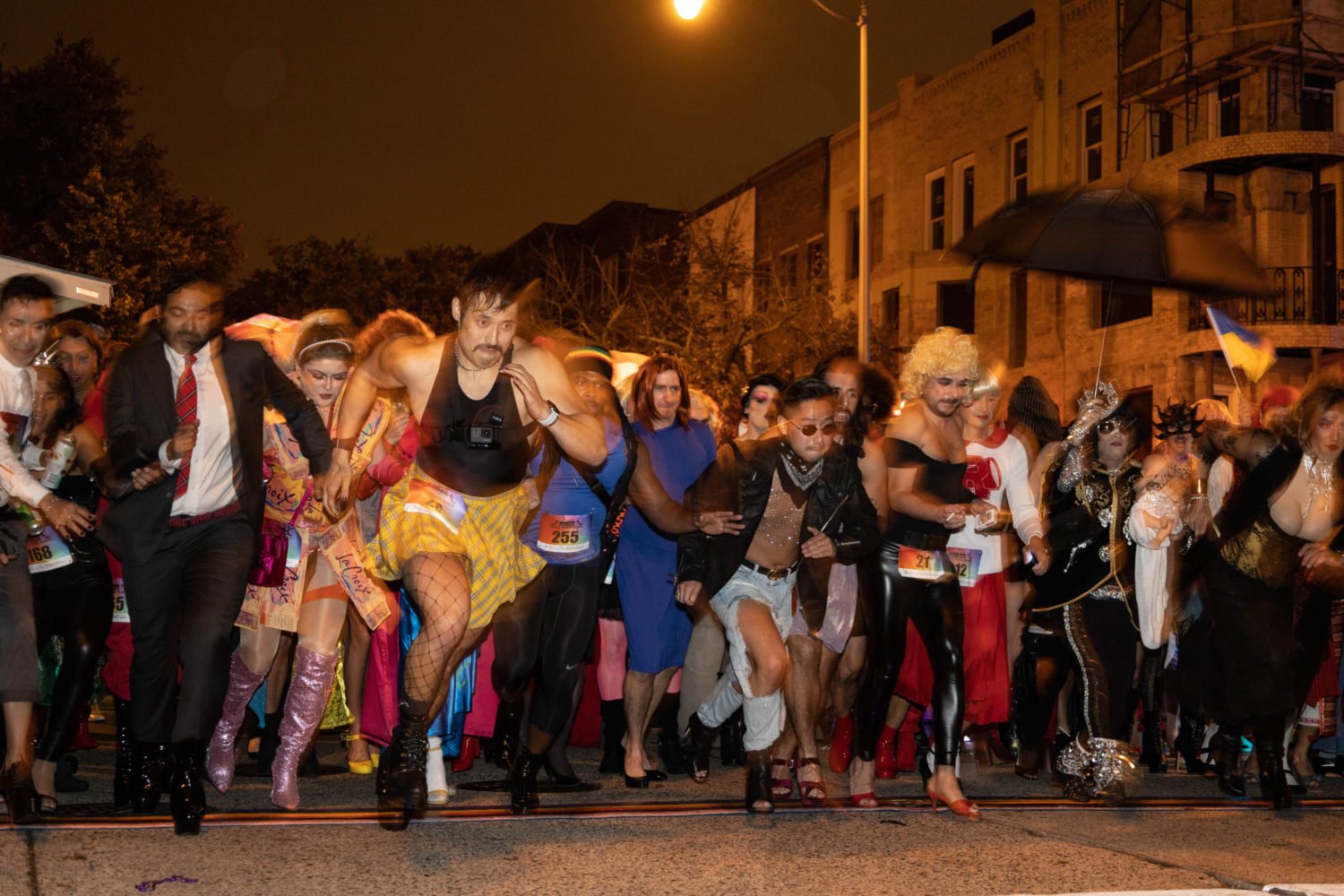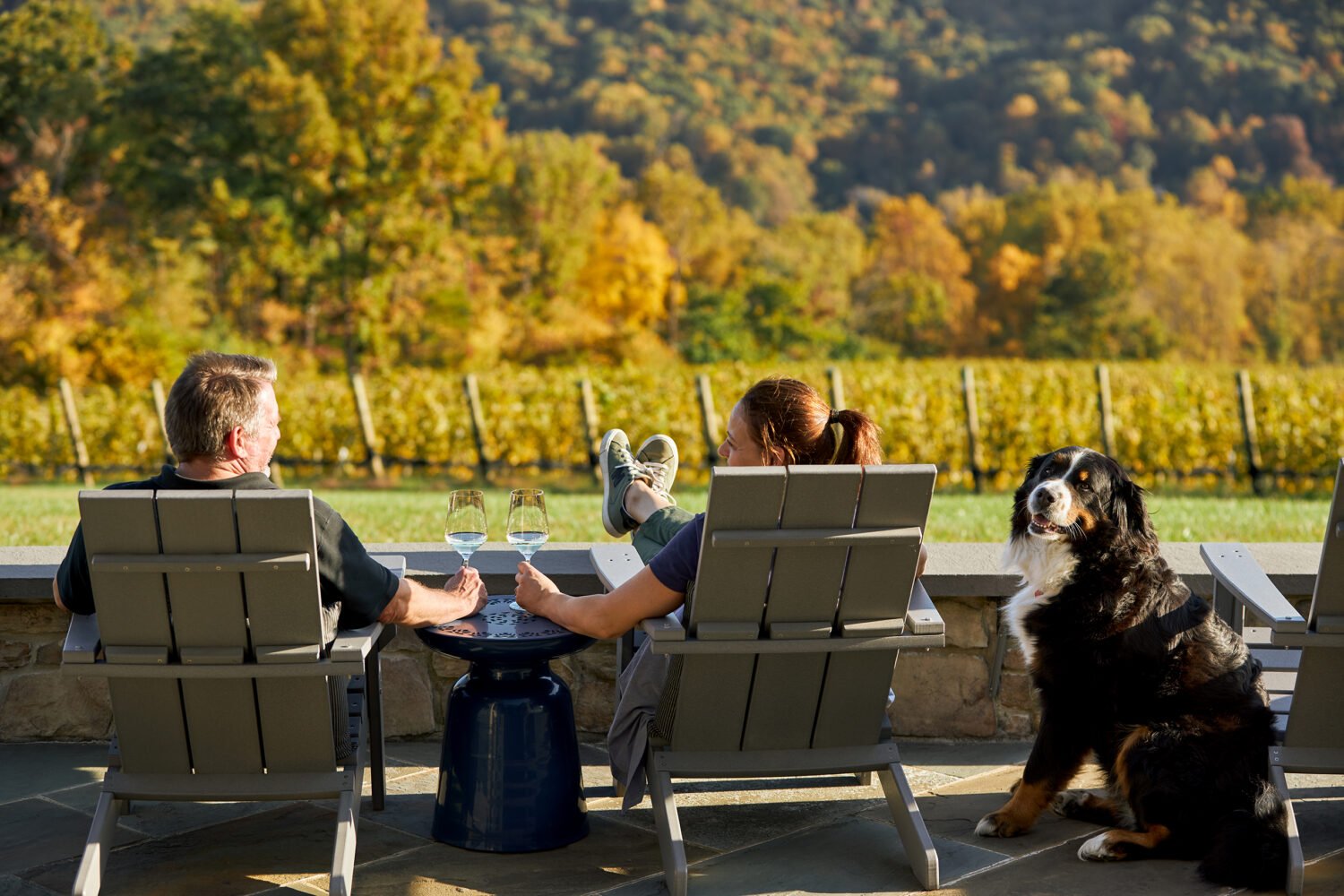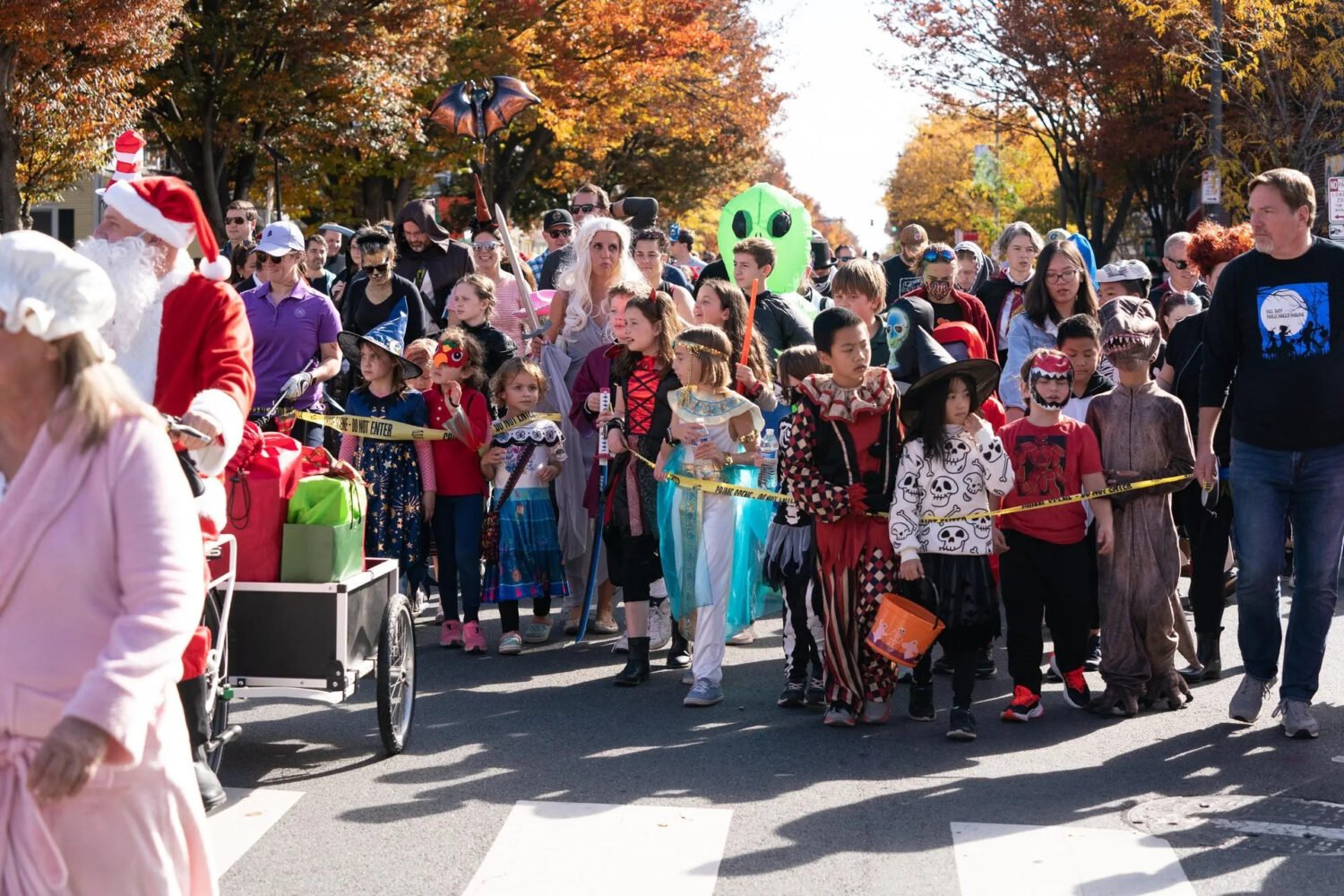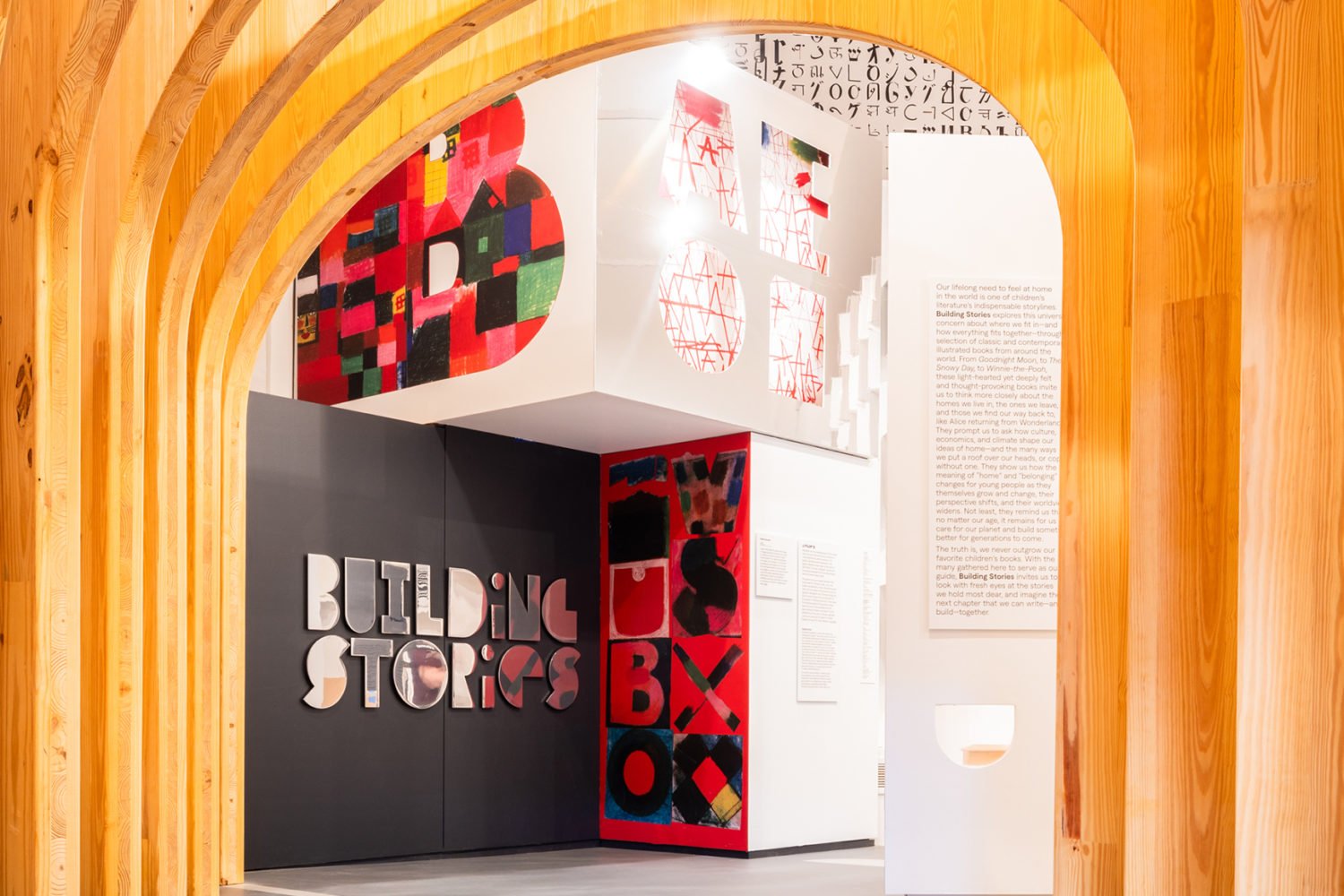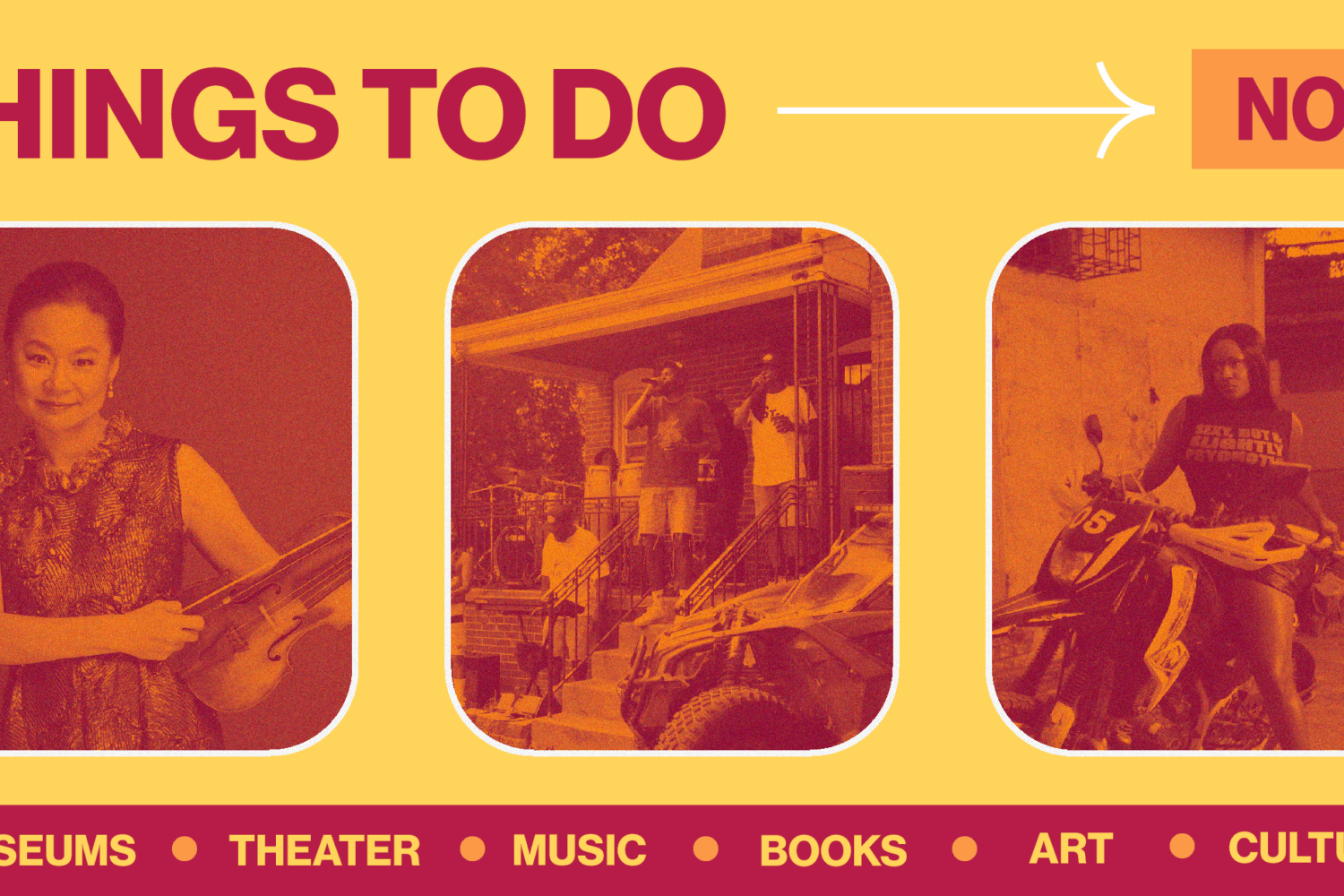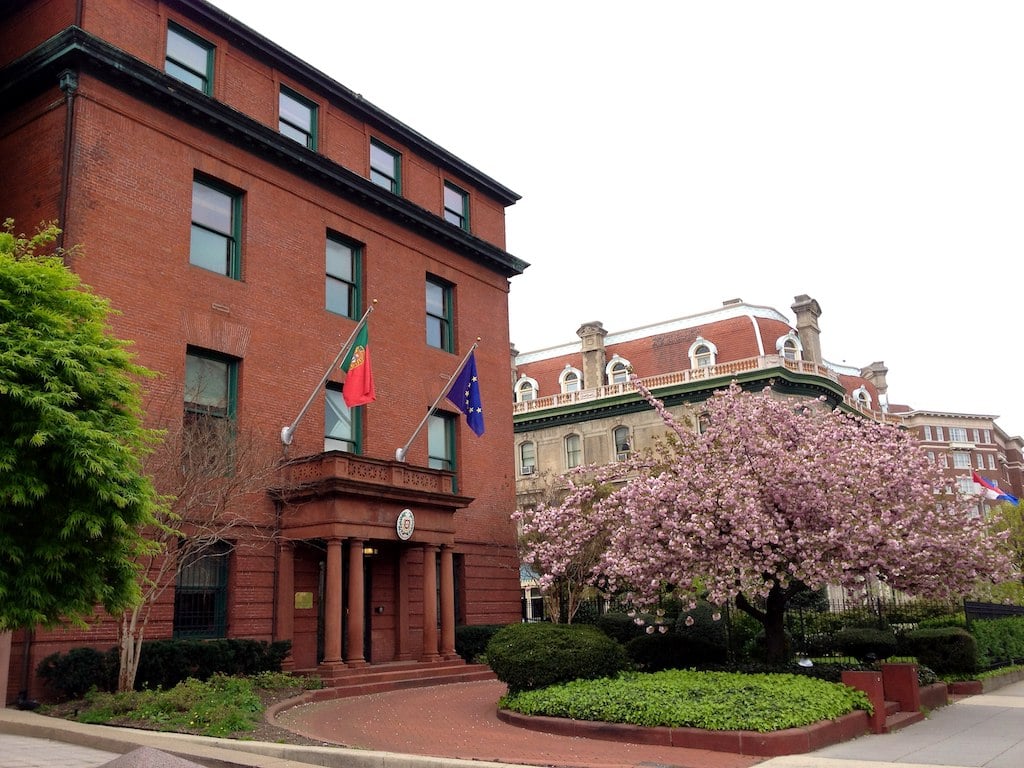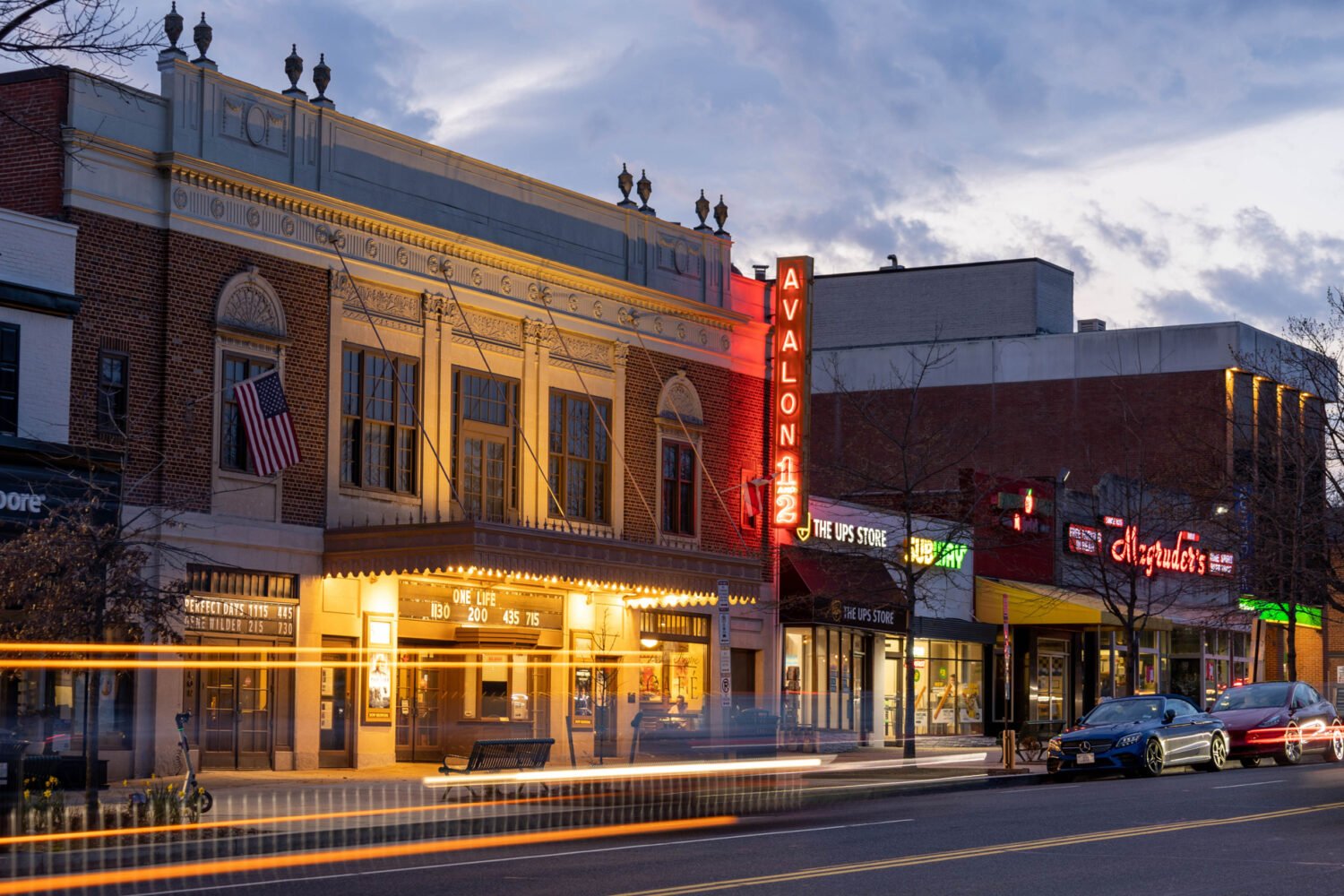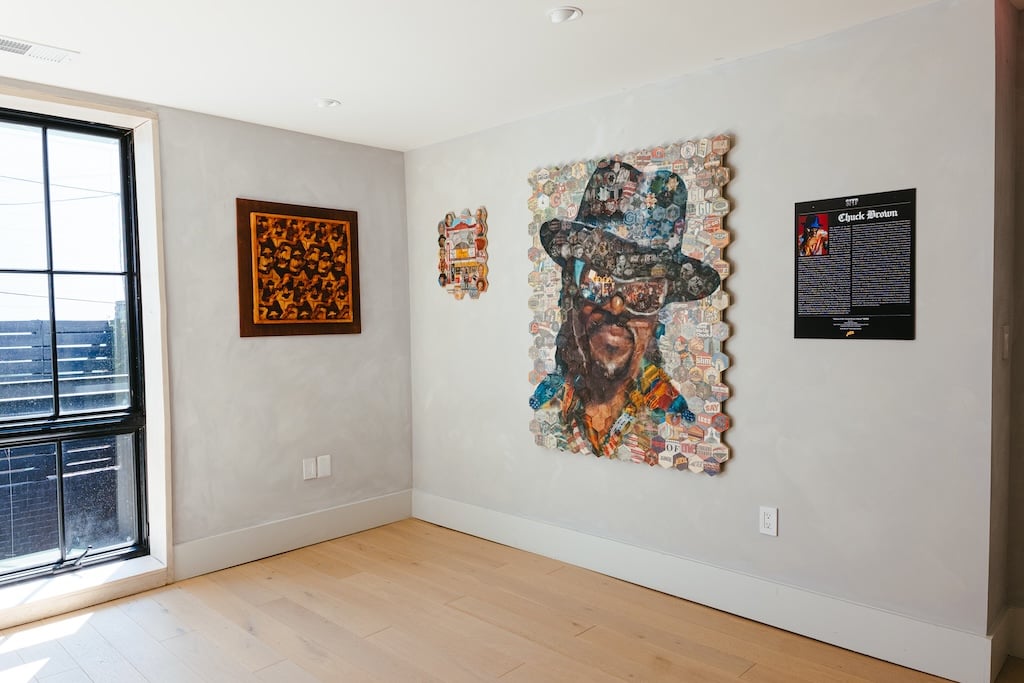I’m proudly, and somewhat vocally, from New Orleans. Upon discovering this, generally
people immediately ask about Hurricane Katrina. Our house was damaged by the hurricane,
and my family lived in Houston for about a year. Seemingly completely unrelated, I,
at one time in my life, weighed 268 pounds. I no longer do, thanks to the most excruciating
two years I’ve ever experienced. People rarely ask about this (they rarely know),
and I rarely discuss either of these things—until this week, when I sat in a van and
spilled about both to a complete stranger for about 40 minutes.
StoryCorps, begun in 2003, is a nonprofit organization that allows people to record
their stories, creating a sort of national network of oral histories. Any and all
stories are welcome and encouraged. The recordings are then preserved at the American
Folklife Center at the Library of Congress, and some are edited and broadcast on NPR’s
Morning Edition. In 2005, StoryCorps began its mobile tour, which involves a van traveling cross-country
to record stories. The mobile tour allows local NPR affiliates to broadcast stories
by residents.
For a month running from late September into October, the futuristic StoryCorps van
has been parked in Arlington, and I’ve been assigned to write about the experience
of telling a story to strangers. When I arrive at the van, which is stationed in the
parking lot of the Columbia Pike Branch Library, I’m greeted by site supervisor
Virginia Lora and mobile department facilitator
Olivia Cueva. Both women are bookish, cute, and have a clear command of their studio on wheels.
Cueva, the younger, who wears thick-rimmed glasses, will be interviewing me on the
topic of my choosing while Lora handles the technical aspects of sound engineering.
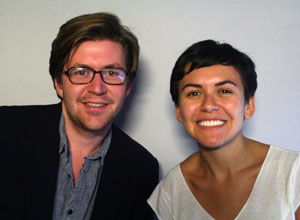
“What do you want to talk about today?” Cueva asks. I still haven’t chosen a topic.
Hurricane Katrina seems like an obvious choice—if there was something I want recorded
for my children to hear, it would be about the destruction and ensuing perseverance
of that city. But it also seems obvious, and my own personal Katrina—an extreme, two-year
weight-loss initiative in the middle of college—remains the single most important
experience of my life, one I want to never let slip away.
I tell this to Cueva, mentioning that much of the weight gain began after the storm,
which struck ten days into my freshman year of college. Regardless of which story
I choose, I have no idea where to begin. I know the stories backward and forward—I’ve
lived them—but like most of life, they aren’t black and white. I express my concern.
“Why don’t we start in college?” Cueva asks, smiling warmly.
Lora offers some background on how this generally works. Before anything begins, participants
fill out a form using a special pen with archive-friendly ink. The form is to be archived
with the recording and offers some simple personal information about the participant.
Next, the interviewer and interviewee sit across from each other at a small table,
with booths on either side. It resembles a low-lit, upscale diner. Two mikes hang
on their mechanical arms above the table. Next to this is another, smaller table with
one seat for the sound engineer. The interviewer and interviewee, on the sound engineer’s
signal, take turns stating their names, the date, the location, and their relationship.
I’m almost trembling with anxiety when I’m given the signal. I’ve no idea where to
begin, and I met Cueva moments ago. How can she pull a story out of me when I don’t
even know the landscape of its parts: the climax, the denouement, the darkness-before-dawn
moment?
“Where’d you go to college?” she begins, and the room, previously claustrophobic,
suddenly feels warm and womblike in its low lighting.
“Louisiana State University, out in Baton Rouge, Louisiana,” I say, then add with
a forced chuckle, “You may have heard of the area, especially a few years ago.” Suddenly,
I’m discussing Hurricane Katrina—how it destroyed my city, how confusion and heartbreak
and fury consumed me and those around me. How I started not taking care of myself,
again, and began gaining weight. About the broken slump to my shoulders and the darkness
that smothered me during that time.
For once, someone is asking about Katrina and I don’t feel like a museum exhibit.
I’m being asked about my struggle with weight and I don’t feel like I’m in a zoo.
It doesn’t matter that we don’t know each other: Cueva’s a skilled interviewer and
keeps asking the right questions, guiding me to connections I’ve never even considered,
taking me down a strange path of self-discovery about a topic I thought I knew inside
and out.
This isn’t uncommon. Cueva and Lora say many people enter the van meaning to tell
one story and end up in a totally different place. Some go in to remember a certain
event in their lives. Some go in with no expectations, wondering what they’ll get
out of the experience. Some record messages to their future children, advice and anecdotes
that the tides and swell of life will erase from their minds. Some tell stories to
their already-born children, preserving stories that might otherwise be forgotten.
Whatever it is, people like to tell stories. Cueva and Lora have been to shelters
for victims of abuse and given them the opportunity to tell their tales anonymously.
Sometimes something as simple as telling their stories can help provide catharsis.
The power of storytelling is stronger, it seems, than most give it credit for.
My 40 minutes pass quickly, and I’m animated, finally talking about my own personal
redemption: when I joined my college’s crew club and transformed myself from couch
potato (couch watermelon?) to a collegiate athlete, rising each morning before the
sun to attempt to thrive, to save myself from an early grave, or to maybe catch the
eye of a cute fellow English major. About the race I finally helped my boat win, with
blood streaming down my hands from busted blisters. About not stopping, even then.
“Did you do it to get healthy?” Cueva asks. I consider this and, though it’s being
recorded, decide to be embarrassingly honest. That is, after all, the whole point.
“No. I did it for the girls.”
She laughs.
“Quickly, though, becoming healthy was more important,” I say, now reflecting on something
I never consciously considered. “You know, I never knew I could feel that way. That
I could wake up and be happy. That I could wake up and not feel gravity pressing on
me like some thick marble slab attached to my back. That I could feel alive.”
And that’s what storytelling does for so many people. That’s one reason why the van
traverses the country, looking for stories that would otherwise disappear into the
ether of time.
It lifts a weight.
For more information about StoryCorps, and to listen to others’ stories, visit the
project’s website.

